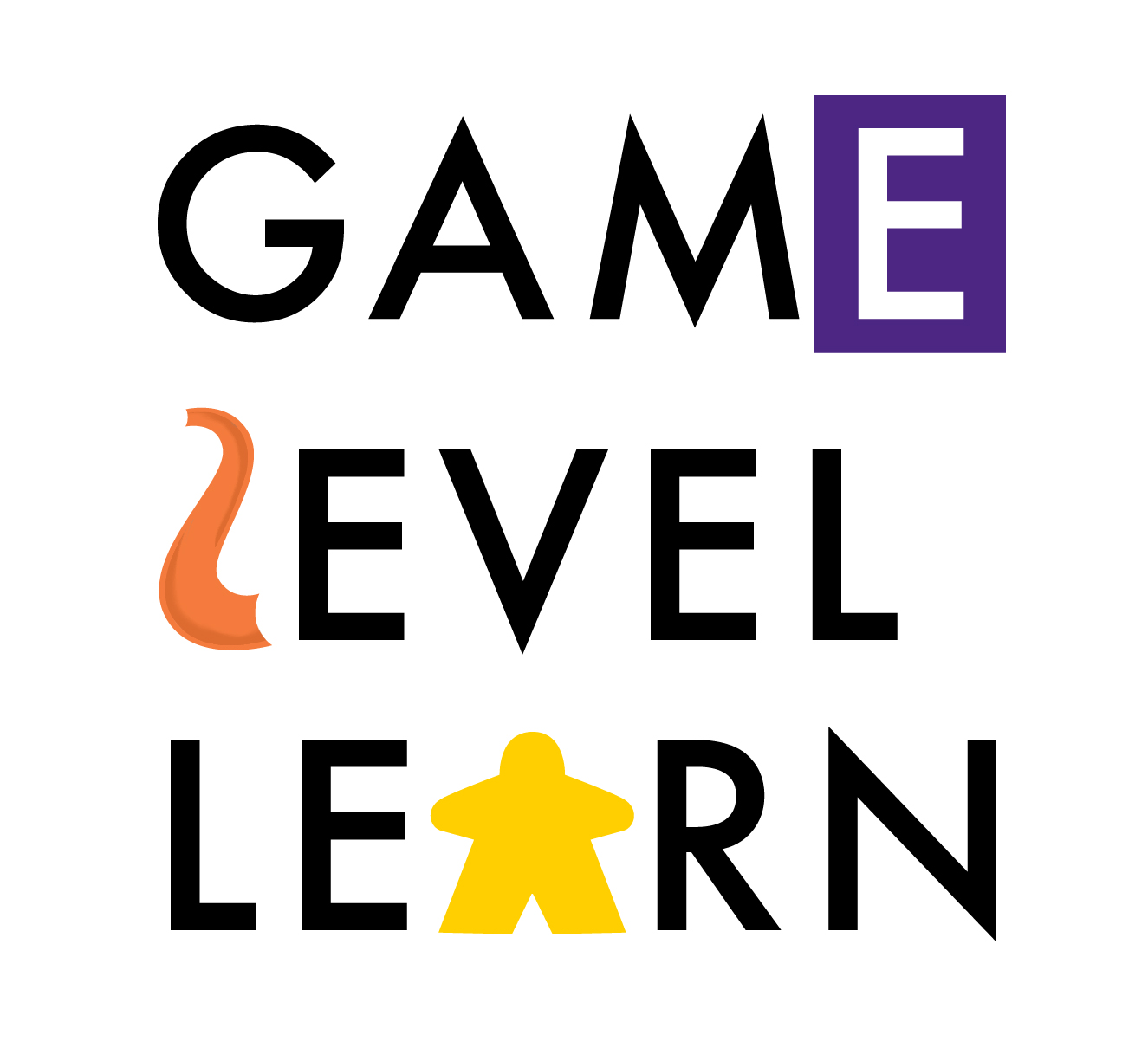51 Mechanics: Voting
/BoardGameGeek (BGG) is a singular repository of gaming information, knowledge and wisdom that has been serving the modern board game hobby since 2000. I consult it regularly and have used its database to manage my own game collection. I also used it when I was writing my 2016 book on gamified instruction, particularly with regard to the game mechanics that BGG identified and organized content into. While there are more than 85,000 games, even now, there are just 51 mechanics. Since every mechanic offers something to the teacher who wants to use games in the classroom, I'm going to use this section of Game Level Learn and my own contributions to it to assess games from each of these 51 mechanics. Next up?
The voting mechanic is used in a lot of different settings, not just games about elections (indeed, none of the games I cite below are election games). In this mechanic, the players are required as part of the game play to ballot on a variety of topics/concerns. Sometimes these directly impact the outcome of the game, but other times they have an influence over an aspect of the game that could then shift the balance to one player or another. Sometimes the balloting is secret, sometimes its public, sometimes its more of an abstraction. At the end of the day, each player has control of a certain number of votes and has to deploy them in the service of whatever goal they're trying to achieve. This is an easy game mechanic to deploy, but because it so directly generates winners and losers, one should be mindful when using it in class to not assign assessment points to the voting process.
Dixit (BGG Rank: 195)
Dixit is one of the games in the vein of Apples-to-Apples, in which one player offers a card/concept/gestalt to the players and the rest of the players attempt to match that card in some way, depending on the rules. In Dixit, players are matching an abstract card to a brief description meant to evoke the card, but not so "on the nose" that all players vote for it. A wonderful family game, great for younger and older audiences, and outstanding at developing abstract communication skills.
Founding Fathers (BGG Rank: 1013)
Founding Fathers is a simulation of the Constitutional Convention of 1787 in the United States. Dividing the players into factions, the game makes extensive use of the voting mechanic as the delegates to the convention select between different versions of articles of the US Constitution. A very fine history simulation game that would help anyone trying to master the ebb-and-flow of how the Constitution came to be.
Kingmaker (BGG Rank: 1701)
A classic from the 1970s that still has thousands of die-hard fanatics (despite its ridiculous game-end condition and unreadable map), Kingmaker is a game of the British War of the Roses in which players represent factions of contentious nobles attempting to control royal heirs and bring them to the throne. The voting mechanic in this game enters into play whenever there is a meeting of Parliament, which virtually any player can call under the right conditions. Parliament divvies out favors, titles and so forth, and can even vote to legitimate or de-legitimate a crowned heir. Absolute control of Parliament is one of the ways to accomplish a victory, but anyone who's played this great, great game will tell you there's no hope of achieving that objective!
Secret Hitler (BGG Rank: 192)
In the minds of many Secret Hitler is the best of the social deduction games, in large part because of the way it creates a pure information state. It's a fiercely competitive and challenging social deduction game and like all of them, voting is critical to gameplay.
Spyfall (BGG Rank: 392)
Spyfall is another social deduction game in which all of the players, except one, are given a card at the beginning of the game showing some kind of location (a cruise ship, a circus...). The other player is given a card that says "spy." The non-spys are trying to figure out who the spy is and the spy is trying to figure out where they all are. Each game lasts a maximum of eight minutes of back and forth, rapid fire questioning, suspicion and general mayhem.


